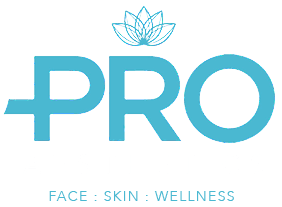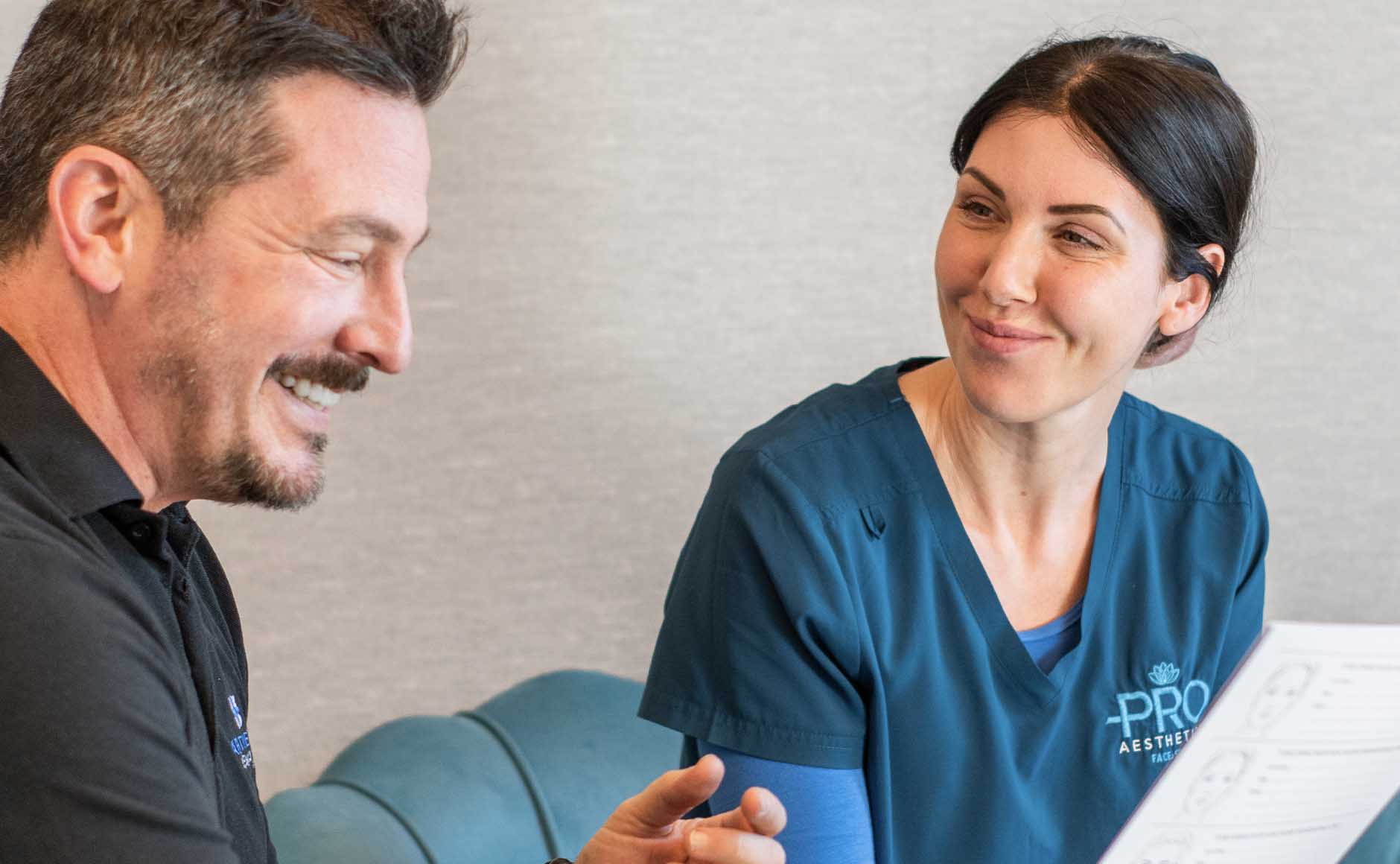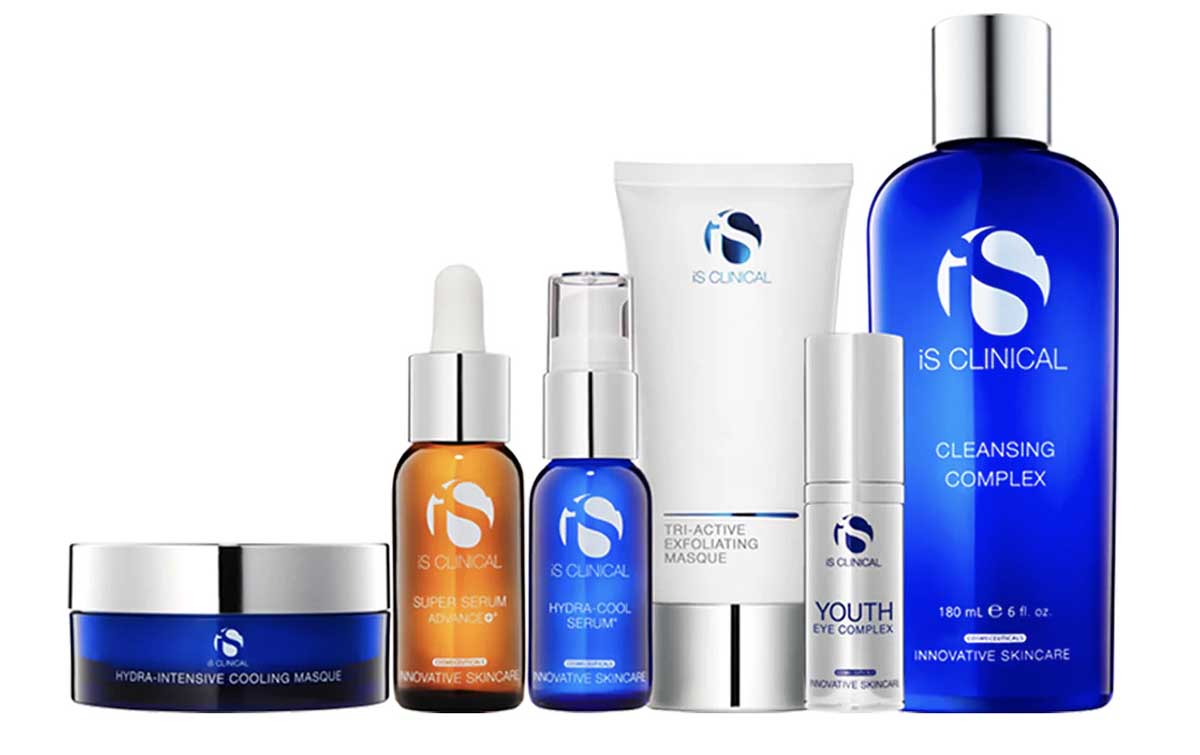-
Can you cure excessive sweating?
Unfortunately no, you can’t cure hyperhidrosis if it is a chronic condition you have been diagnosed with. If it is a side effect of medication, it may recede or stop if you cease the medication. For most people, though, excessive sweating is something to be managed, but can’t be cured.
-
Does hyperhidrosis make you smell?
Not necessarily, no. Whilst people experiencing excessive sweating are more prone to body odor simply because they sweat more, its only when this sweat dries that it begins to smell. People with hyperhidrosis therefore don’t necessarily smell more than others, especially considering the most commonly effected areas can be the palms of the hands.
-
How can I manage hyperhidrosis at home?
Certain clinical-strength deodorants can be used to manage excess sweating. Clinical experts largely agree that deodorants that contain metallic salts like aluminium are the most effective way to block sweat glands. However, these can cause skin irritation and can be expensive to keep buying. Antimicrobial ingredients also work best to kill bacteria that cause any odor.
-
How does Botox help prevent excessive sweating?
These injections are actually a lesser known treatment that many people benefit from. Injecting this medical toxin into the skin prevents the sweat glands from producing sweat both in day to day life and in moments of stress, anxiety, or physical exertion. You will still sweat in the area, but in a much more controlled way.
-
How long will my results last for sweat reduction?
Your results can be expected to last between 6-7 months; this can vary from client to client. During this time, your results will gradually fade before you get another top-up treatment. The sweat production doesn’t return immediately, like the flick of a switch, but it gradually returns just like any other area treated with an injectable.
-
When was this treatment approved?
The European Medicines Agency (EMA) approved the use for persistent severe primary axillary hyperhidrosis in 2003, and the US Food and Drug Administration (FDA) approved its use for primary axillary hyperhidrosis in 2004. Essentially, this means this treatment was first approved for severe medical cases, and then made more accessible for those experiencing hyperhidrosis on a lesser, yet still unmanageable and uncomfortable, level.
-
Do I need a doctor's diagnosis for this treatment?
No – you do not need to get a doctor’s referral or see a specialist in order to receive this treatment. You can receive this treatment if you are suitable after a consultation with one of our medical professionals.
Equally, you don’t need to have medical hyperhidrosis to receive this treatment. If you feel you sweat too much in the heat or during exercise, then we can assess your symptoms and we may be able to help you.
-
How much does Botox for hyperhidrosis cost?
The treatment cost for hyperhidrosis injections is £375. Only genuine Botox is used and the treatment is performed by a medical professional. Please refer to Pro Aesthetics price list.
Your treatment journey
1. Your
Consultation
Your practitioner will listen to your concerns regarding your excessive sweating and ask any personal medical questions that may be appropriate, such as any medications you’re taking and lifestyle choices.
















